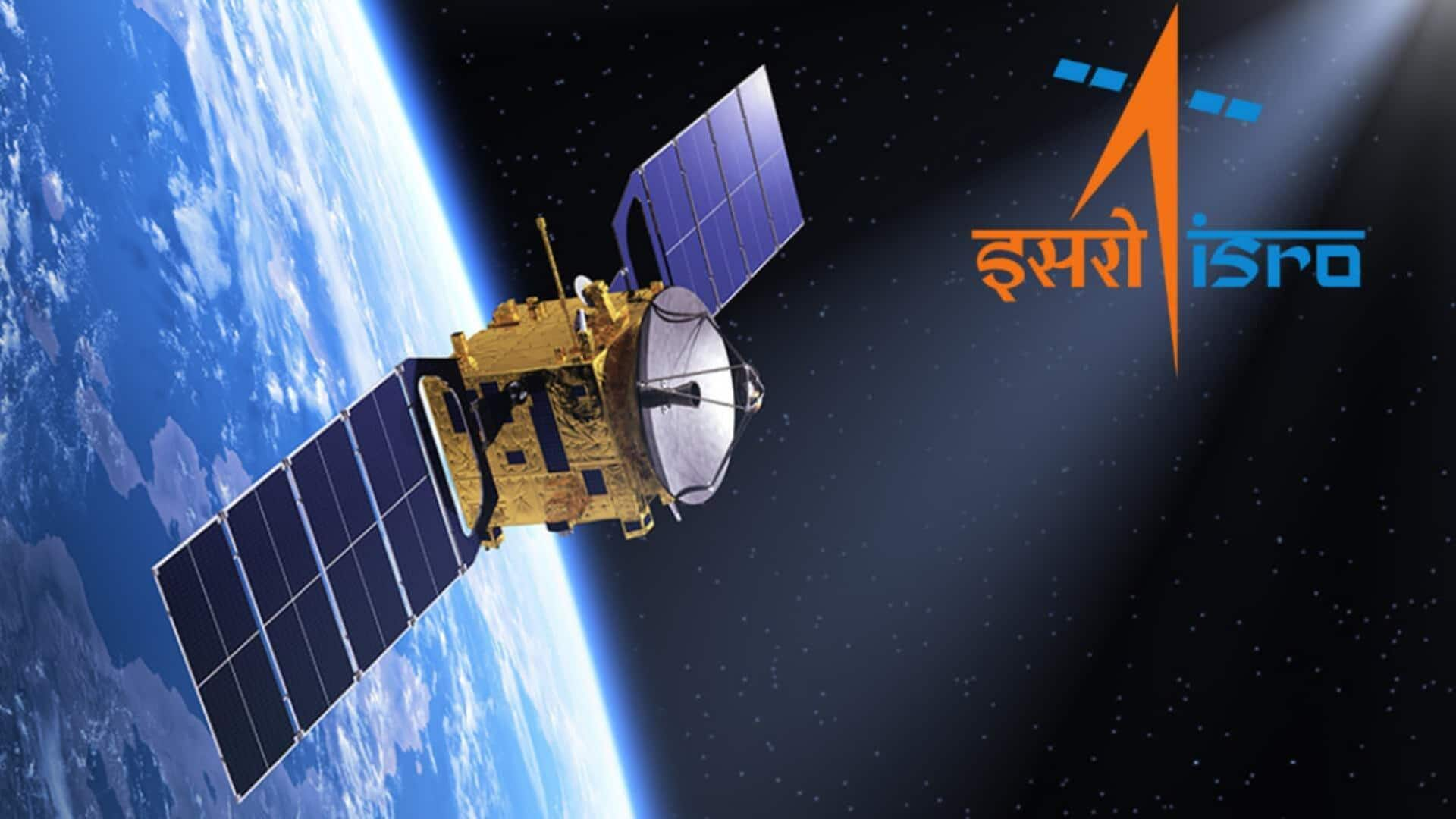
ISRO's 100th mission faces setback due to NVS-02 satellite malfunction
What's the story
In its 100th mission, the Indian Space Research Organisation (ISRO) has run into a major roadblock. The NVS-02 satellite, which is essential for India's homegrown space-based navigation system, malfunctioned after its thrusters failed to fire. This has kept the satellite from entering its intended orbit, ISRO confirmed in a statement on its website.
Technical glitch
Thruster malfunction hinders satellite's orbit adjustment
The NVS-02 satellite was launched on January 29, from the Sriharikota spaceport aboard the GSLV-Mk 2 rocket. However, due to a technical glitch, the valves that supply the oxidizer to ignite the thrusters didn't open. This failure has left the satellite stuck in an elliptical Geosynchronous Transfer Orbit (GTO), which is not suitable for its intended navigation system function.
Plan B
ISRO devises alternate strategies for NVS-02 satellite
Despite the setback, ISRO has confirmed that the satellite systems are functioning properly and communication with the ground station is intact. The agency is now exploring alternative mission strategies to utilize the satellite for navigation purposes in its current elliptical orbit. This way, they hope to salvage the mission and ensure that the NVS-02 satellite can still contribute to India's space-based navigation system.
Satellite significance
NVS-02 satellite: A significant asset for India's navigation system
The NVS-02 satellite is the second in its series and hosts an advanced navigation payload operating across three frequency bands (L1, L5, and S). It carries both indigenous and imported Atomic clocks for accurate time estimation. The satellite was intended to bolster the capabilities of Navigation with Indian Constellation (NavIC), India's independent regional navigation satellite system. This system provides accurate position, velocity, and timing (PVT) services to users in India and areas extending about 1,500km beyond Indian land mass.